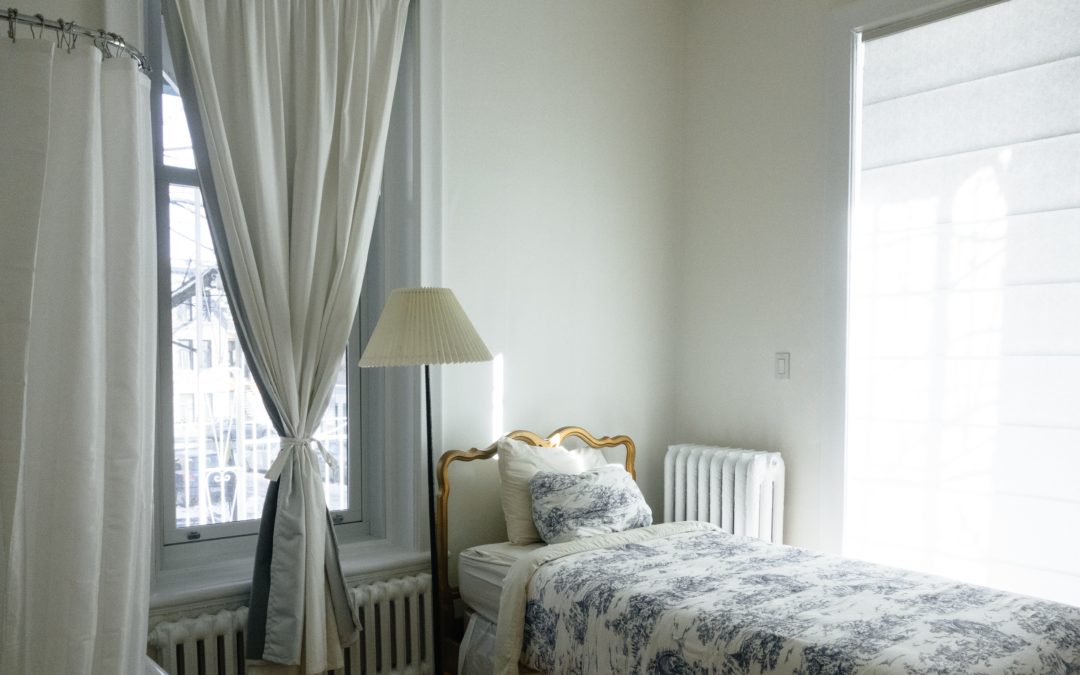An unfavorable TripAdvisor review of a hotel from June 2017 had this matter-of-fact title: “Bad Timing to do Maintenance on AC: End June.” Midsummer is certainly an inconvenient time for hotel PTAC units to fail. And the truth is, if your maintenance is affecting your guests and causing them to leave negative reviews, then you probably waited too long.
Preventative maintenance is most effective when it happens on a regular basis. When you have the opportunity to handle PTAC issues discretely before they can disturb guests, seize it!
Here are some common tips for keeping hotel PTAC units in top condition.
1. Make regular inspections.
Consistency is key here. Scott Schaedle, founder and president of Quore, told Hotel Management that “one big mistake hotels make is not evenly or consistently doing preventative maintenance.” He went on to explain that making only one inspection per quarter allows at least 90 days to pass between inspections, and up to 180 days. And that wide span of time, Schaedle said, is “where real damage can be done.”
Jeff Tucker, director of retrofit solutions at the Climate Control Group, suggests that in addition to quarterly inspections, open communication with hotel staff is also necessary to ensure that routine maintenance happens. A Hotel Business article shared a good example of this in action: La Quinta and New Castle properties both allow housekeepers to adjust PTAC settings when rooms are unoccupied.
2. Follow manufacturer recommendations.
Mismatched replacement parts create problems. Mike Milburn, of La Quinta Corp., advises hoteliers to actually listen to manufacturers: “To ensure efficiency, it is most important to follow the suggestions of the manufacturer of the unit because they have done all of the testing and know what is best.”
3. Clean coils and filters.
George Hunt, senior technician at Carrier, recommends that air filters be cleaned every 30 days and units cleaned at least once a year. Dirty filters can clog the machine, put more stress on compressors, and cause more extensive damage. It is also possible for filters to tear.
Additionally, Hunt warns that environmental factors, such as pollution and construction, may necessitate more frequent filter replacements.
The other inner components that require the most preventative maintenance are the inner coil and the condenser coil. Ron Bench, of Carrier Corp., explains that coils are being built with a higher density of fins. This newer design, though more efficient, requires more cleaning. “Just a little bit of dirt and blockage can create stress on the compressor.” He advises pretreating the coils and then cleaning them from the inside out with a low-pressure washer.
4. Inspect pans, gaskets, and exteriors.
All other parts of hotel PTACss also need regular inspection and cleaning to operate at high efficiency. Base pans, exteriors, and gaskets should be cleaned according to manufacturer’s instructions. This will not only keep the units functioning well but also prevent unsightly stains or sloppy aesthetic.
5. Leave it to the professionals.
You can certainly scour the Internet for instructions on how to clean, repair, or replace PTAC parts yourself, but you’re usually better off delegating preventative maintenance to trained professionals.
Hotel PTAC experts will free you up to focus on higher-leverage tasks, and regular preventative maintenance will keep PTAC issues from disturbing your guests. In short, preventative maintenance helps to keep your guests happy, and happy guests leave better reviews.

